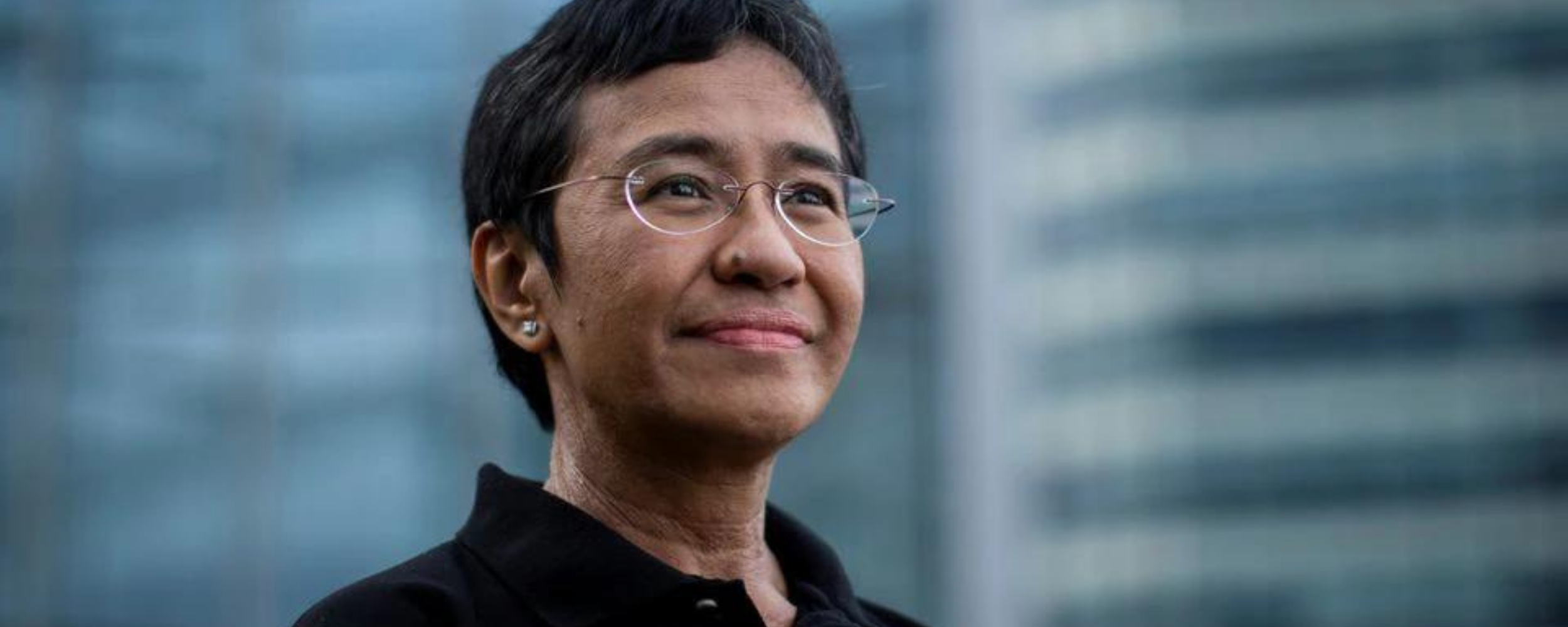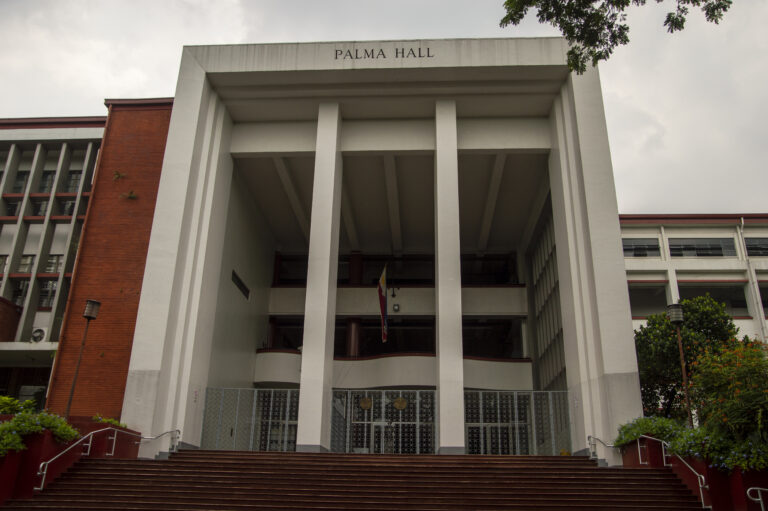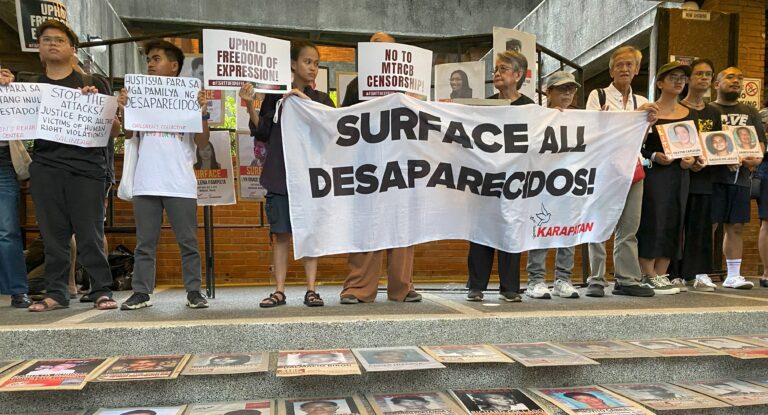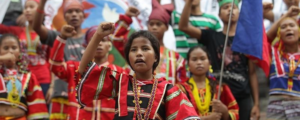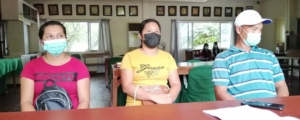
“This is really for all journalists around the world.It is so much more difficult and dangerous to be a journalist today.”
When truth-tellers are silenced, democracy is threatened; and resistance will arise.
The underlining of facts and distinguishing truth from propaganda is a fight that has long been fought since the time Dr. Jose Rizal first put his pen to paper to author Noli Me Tangere and articles for La Solidaridad, to the Martial Law era when the voices of the press were silenced, up until Duterte’s administration that has seen a media shutdown, killings of members of the free press, and the persecution of a truth-defender, a woman whose pursuit of justice landed her a Nobel Peace Prize in the midst of a tyrannical and misogynistic regime in the country.
No matter how the government denies their attacks on press freedom, with Ressa’s win attributed to her being one of the press freedom’s guardians, it is an evident indictment of the present administration.
“The Philippine government filed 10 arrest warrants against me. In the last year, the government has prevented my travel four times, including to — when my mother was diagnosed with cancer, and I needed to go to see my aging parents,” Ressa shares in an interview with The New York Times.
Ressa also shared the tribulations faced by Rappler, the country’s leading digital media company she heads, with regard to Duterte’s media crackdown, noting that the fight for both fact and truth proves harder in an age of social media, where large and unregulated platforms act as cradles for disinformation.
“We are fighting for facts, and when we live in a world where facts are debatable, when the world’s largest distributor of news prioritizes the spread of lies laced with anger and hate, and spread it faster and further than facts, then journalism becomes activism,” Ressa added.
Ressa and Rappler are not the only victims of the state’s harassment and vitriol. Since Duterte assumed his position as president, the country has seen over hundred attacks against press freedom. Intimidating, harassing, and even jailing journalists from numerous media companies especially alternative media networks, student publications, and even shutting down the nation’s largest network and television news source, ABS-CBN.
On February 7,2020, Tacloban-based journalist and human rights activist Frenchie Mae Cumpio was arrested at the Eastern Vista staff house in a series of raids, which the military claimed to be part of anti-communist efforts. Prior to her arrest, Cumpio was the executive director of the Eastern Vista publication and a member of Altermidya, a network of small and independent media groups. Cumpio’s work covered human rights issues committed by the state, the murders of farmers in the North of Samar, land grabbing, and the militarization of alleged communist hotspots. Before being arrested in 2020, Cumpio was already subjected to intimidation and numerous threats, with her reportedly alerting her colleagues, in 2019, that she was being tailed by unidentified men on motorcycles and being sent a funeral wreath with her picture.
These stories of journalists and their collective struggle to set the truth free in a time of Duterte bears an eerie similarity to the time of Martial Law under Ferdinand Marcos, where many truths were buried along with the bodies of those who fought to reveal them.
Even one month after the commemoration of Martial Law, we continue to mourn the lives affected and those lost, condemning the similar situation the Philippines finds itself in under incumbent President Duterte. We continue to fight against disinformation as truths of past and present regimes continue to be twisted to fit selfish narratives.
Moreover, the fight against state censorship continues, and the pursuit of fact must remain to be at the forefront of our democracy —aided by journalism; for it is when facts become debatable and muddied that the cornerstone of democracy weakens, and the history that plays out before us becomes a theatrical play befitted to those in power who dictate it, ultimately denying Filipinos of their freedoms and identity.
“I think what our public has realized is that Rappler will keep doing those stories. Journalists will keep doing those stories. That’s what I hope will give us more power to do this,” Ressa asserts.
In a country where corruption is endemic, the role of mass media as a “fourth estate” has never been more crucial, checking the balance of the people in power, and bringing light to atrocities that may happen behind the scenes. The fight of the free press, then, is no longer limited to the media, but to the entire nation.
Featured image courtesy of REUTERS


